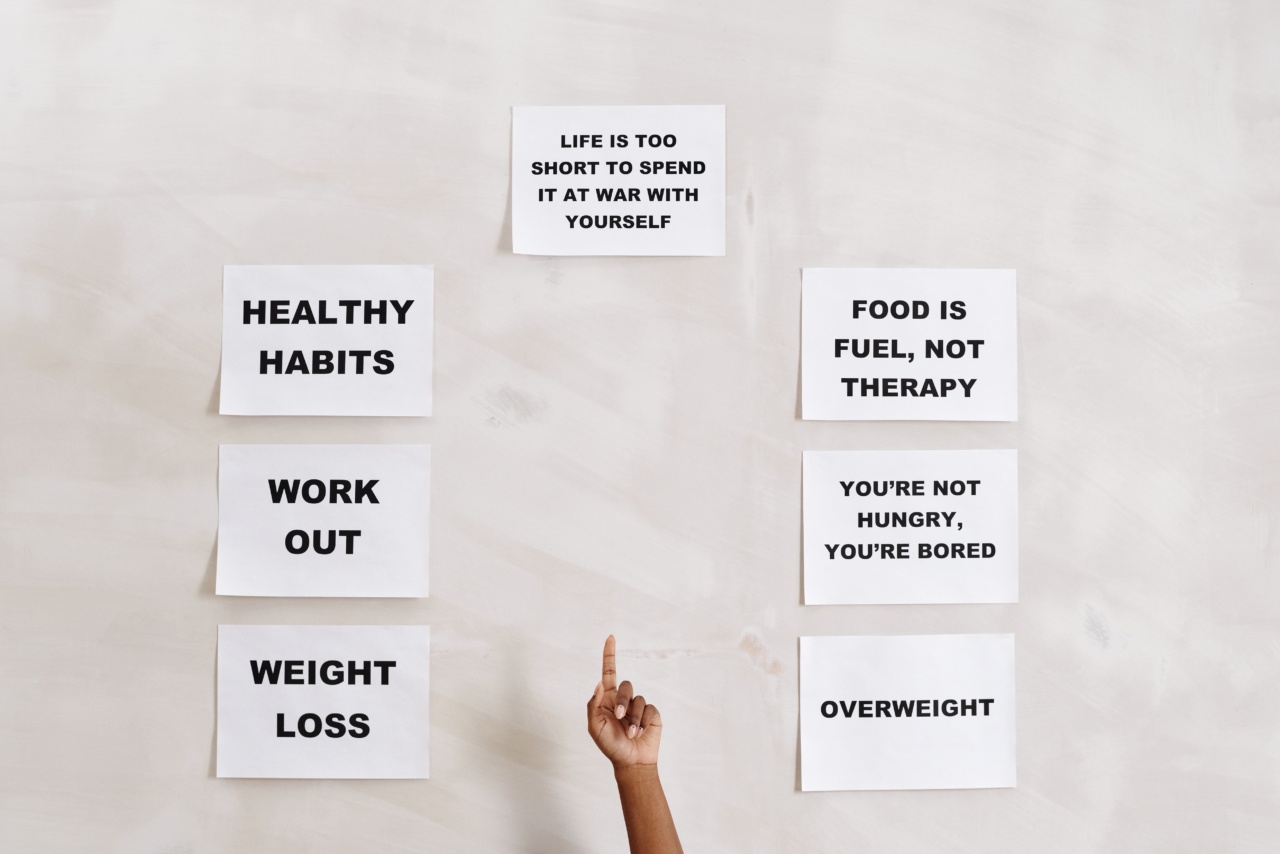Wanting to lose weight is a common goal for many people around the world. Whether it’s to improve their overall health, feel more confident, or simply to fit into their favorite clothes, losing weight comes with numerous benefits.
However, despite the best intentions, many people struggle to achieve their weight loss goals. One common reason for this is destructive eating habits that can severely damage weight loss progress. Here are three such habits and how to overcome them:.
Habit #1: Emotional Eating
Emotional eating is the practice of using food to deal with emotions rather than physical hunger. This can include eating when sad, bored, lonely, or stressed, even if you’re not actually physically hungry.
Emotional eating can be incredibly harmful to weight loss progress because it often leads to overeating and consuming high-calorie, unhealthy foods.
To overcome emotional eating, it’s important to identify the emotions that trigger it and find healthier ways to deal with them.
This could include speaking to a trusted friend or family member, taking a walk, doing a relaxing activity like yoga, or practicing mindfulness techniques.
Habit #2: Skipping Meals
Many people believe that skipping meals is an effective way to lose weight. However, the opposite is often true. When you skip meals, you’re more likely to overeat when you do finally eat and choose higher-calorie foods.
Additionally, skipping meals can slow down your metabolism, making it harder for your body to burn calories efficiently.
To overcome the habit of skipping meals, it’s important to create a consistent eating schedule and stick to it. This means eating three meals a day, as well as healthy snacks if needed in between.
This can help regulate your hunger and keep your metabolism functioning optimally.
Habit #3: Mindless Eating
Mindless eating is the habit of eating without paying attention to what you’re consuming. This can include eating in front of the TV, while working, or while scrolling through your phone.
Mindless eating can result in overeating and consuming unhealthy foods because you’re not fully aware of the portion sizes or the nutritional content of what you’re consuming.
To overcome mindless eating, it’s important to practice mindful eating. This means taking the time to sit down at a table and fully focus on your meal.
Pay attention to the taste, texture, and smell of your food, and only eat until you’re physically satisfied. Avoid distractions, such as electronics, and take your time eating, chewing each bite thoroughly.
Concluding Thoughts
By overcoming these destructive eating habits, you can significantly improve your weight loss progress and achieve your goal. Remember that weight loss is a journey, and setbacks and slip-ups are to be expected.
What’s most important is to stay motivated, stay consistent, and keep moving forward towards a healthier, happier you.



























